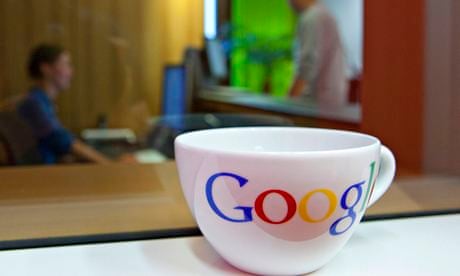The recent decision by the European Court of Justice, that EU citizens should have a "right to be forgotten" from Google search results, has picked the scab on a much deeper cultural issue; who defines the limits of free speech? American and European approaches to it could not be more divided. This has in the past been only a matter of passing curiosity, but now with US technology companies and social platforms shaping global speech and publication, the regulatory and commercial restraints on free expression are going to be a dominant theme of information policy in coming years.
Last week Facebook attracted attention for a rant by one of its product managers on the "state of media". The initial rather trivial complaint spooled into a much more robust discussion in the comments and elsewhere online, about how much Facebook already influences how news is shaped and delivered. Facebook's news algorithms are a commercial secret, yet they are an increasingly powerful force in society.
A mid-Atlantic storm about information has been brewing for some time. When Viviane Reding became European Commissioner for Justice two years ago, she carried forward a crusade from her days as Commissioner for Information Society and Media, to make sure people had the maximum possible control over their own data and information. When the court unexpectedly ruled that this means removing search links in Google to irrelevant or "no longer relevant" information about a person where no wider public interest case exists, it was a victory for Reding and opened up the possibility that everyone with something about themself they didn't like on the internet could ask Google to remove it.
The legions of Google lawyers are still chewing through the implications of such requests. The practicalities of requiring it to remove individual search results might not prove too arduous, but the business of making a case-by-case decision based on whether there is a public interest in removing the links to results instead would be onerous. A likely and alarming prospect raised by the decision is that the search engine will simply stop indexing certain types of search result. If the majority of takedown claims are, for instance, coming from court records, then why not just exclude them from search results?
The practice would no doubt be abhorrent to the ideals of Google which wants to "organise the world's information". However, it would not be abhorrent to its business practices and shareholders: an algorithmic tweak knocking out a whole class of vexatious litigants would surely be worth it? When we start to think about what Google includes or excludes in its search terms as commercial decisions, it puts a new complexion on how we view freedom of information.
A thunderous document called "Innovation" dropped on the desks of New York Times executives last week, outlining a 95-page agenda for being "more digital". A key illustration in it was the declining numbers of people coming to the paper through its homepage. This was intended as an example of how consumer behaviour is changing the news, but might also point to how much social platforms and search engines influence how we find it. Besides Facebook's role in delivering news and opinion to a population that decreasingly goes straight to news sources, even Twitter – which has done more than any other platform to enable people to publish news straight to a vast global network – is finding itself under ever more pressure to remove increasing amounts of material from sensitive areas such as Ukraine and Pakistan, where last week the social platform agreed to remove "blasphemous" tweets.
Google and latecomers such as YouTube (now Google-owned), Facebook and Twitter have long tried to maintain a narrative that they are "not media companies" but technology companies enabling the free flow of media. This illusion cannot hold. It does not mean that each platform company is going to immediately employ a thousand journalists or filmmakers, but it does mean that decisions made about the information they carry are intrinsically editorial. Removing "blasphemous tweets" in Pakistan might be seen as repressing free speech in America, whereas in Pakistan it might be interpreted as asking for respect for social norms.
The balancing acts in making these decisions are hard. Without an editorial board or a refined and transparent internal instinct about what to keep and what to censor, take down or block, the new age of free expression is at best compromised, and at worst travelling down a path actively damaging to democracy. It is unclear how these issues will resolve themselves, but it is clear we need much greater general awareness of how our information society is constituted and controlled.





